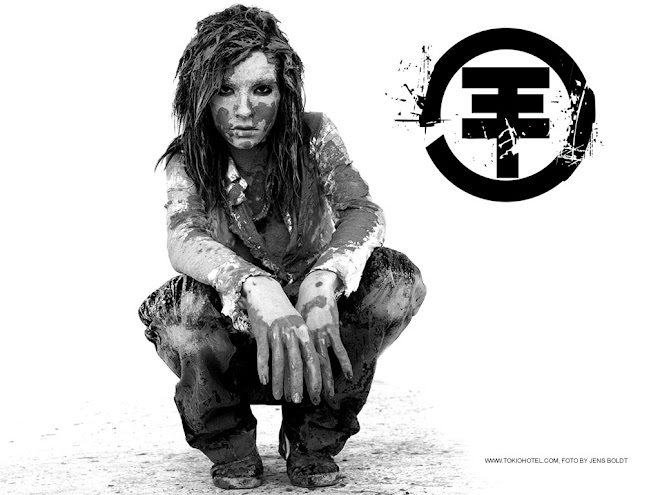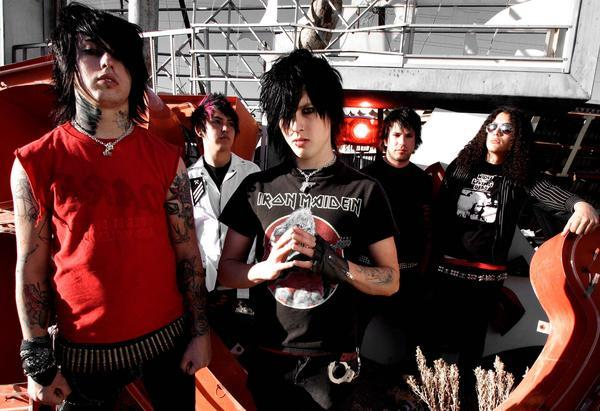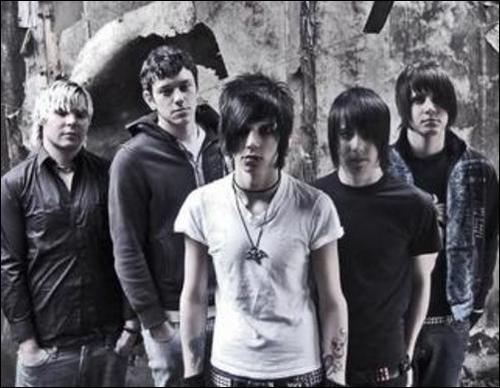Death be not proud
“DO NOT open! Gas being created!” Written in red felt-tip pen and affixed to a door, they are among the last words of a 14-year-old Japanese schoolgirl, who took her life on April 23rd. The warning followed the advice of a website that also provided instructions for creating hydrogen-sulphide gas by mixing toilet-bowl cleaner with bath salts.
This simple method of suicide claimed some 60 lives in April—mainly of people in their teens or 20s—and around another 20 earlier this year. The colourless, pungent gas does not dissipate easily. So bystanders and would-be rescuers are put at risk. The girl's mother was hospitalised and around 100 neighbours had to evacuate their homes.
Yet this is only the latest, macabre, technique in a country that suffers an epidemic of suicides. Japan has one of the highest suicide rates among rich countries. Cultural factors are partly at play. Japanese society rarely lets people bounce back from the perceived shame of failure or bankruptcy. Suicide is sometimes even met with approval—as facing one's fate, not shirking it. The samurai tradition views suicide as noble (though perhaps out of self-interest, since captured warriors were treated gruesomely). Japan's main religions, Buddhism and Shintoism, are neutral on suicide, unlike Abrahamic faiths that explicitly prohibit it.
Yet economic woes play an even bigger role. Suicide rates increased sharply in the mid-1990s as the economy soured, and have remained high since (even as the economy has improved slightly). Financial concerns are cited in one-fifth of suicide notes; almost half of all suicides are unemployed. Some take their lives so that surviving family members can collect insurance, which has led insurance firms to defer payments for two or three years as a deterrent. For the same reason, Japan Railway charges suicide victims' families for the cost of the inconvenience and clean-up.
Last year the government instituted measures such as a counselling service and hotlines, with the aim of cutting the suicide rate by 20% in nine years. But these are palliatives. More important would be a change in social attitudes. Suicide might be less common if, rather than force people to endure lifelong shame, Japanese society began to allow its people second chances.
Double suicide attack on wedding party kills 35 in Iraq
Two suicide bombers attacked a wedding caravan Thursday as it drove through a crowded market district past bystanders cheering the bride and groom, killing at least 35 people and wounding 65 in a town northeast of Baghdad, officials said.
In the capital, a bomb-rigged parked car exploded when a U.S. patrol went by in a crowded area earlier in the day, leaving a U.S. soldier and at least nine Iraqis dead. The attack also wounded 26 Iraqis and two American soldiers.
The terror attacks came amid heightened worries that al-Qaida in Iraq is regrouping despite recent security gains by U.S.-led forces, which find themselves facing intensified fighting with Shiite extremists, particularly in Baghdad's militia stronghold of Sadr City.
In the suicide assault, a woman bomber blew herself up as people were dancing and clapping while members of the passing wedding party played music in Balad Ruz, a predominantly Shiite town 45 miles northeast of Baghdad.
A male bomber attacked minutes later as police and ambulances arrived at the scene, said Maj. Gen. Abdul-Karim al-Rubaie, head of the Diyala provincial operations center that oversees Balad Ruz.
The two explosions tore through the stalls and stores that lined the area, and al-Rubaie said at least 35 people were killed and 65 suffered wounds, including the bride and groom.
The U.S. military in northern Iraq only said there were multiple explosions in Balad Ruz and gave a lower casualty figure of 26 dead and 52 wounded.
Diyala has been a flashpoint in the battle against al-Qaida in Iraq, which the U.S. military says has been increasingly using women as suicide bombers. Explosive belts are easier to conceal under female clothing and women are often not treated with the same suspicion as men.
Two suicide bombings staged by women last week in Diyala killed a dozen people.
Lt. Gen. Lloyd J. Austin III, the No. 2 U.S. commander, said last week that al-Qaida in Iraq was trying to regroup after suffering a devastating blow last year when thousands of Sunni tribesmen turned against the terrorist group blamed for most of Iraq's car bombings and suicide attacks.
The terror network announced April 19 that it was launching a one-month offensive against U.S. troops and U.S.-allied Sunnis.
The parked car bomb that targeted the U.S. combat patrol in Baghdad also exploded in a crowded market district, an insurgent tactic designed to maximize civilian casualties.
Several cars and a U.S. Humvee were badly damaged in the blast that shattered windows of surrounding buildings and left a three-foot crater in the asphalt.
Iraqi police said nine civilians were killed, including three women and one child, and 25 people wounded in the attack. The U.S. military said a soldier died later in the day of wounds from the blast.
The soldier's death raised to at least 4,064 the number of U.S. military personnel who have died since the Iraq war started in March 2003, according to an Associated Press count.
Iraqi civilians chased and captured a militant who was seen detonating the car bomb with a mobile phone and turned him over to Iraqi police, the U.S. military said. Two other accomplices were also detained, it said.
Clashes between U.S.-backed Iraqi troops and Shiite militiamen continued in Baghdad.
The U.S. military said an airstrike in the sprawling Sadr City neighborhood killed 18 militants, including a senior member of what they called Iranian-backed forces.
Health officials said 10 people, including at least two women and a child, were killed and 27 people wounded in the fighting. It could not immediately be determined if any of militants killed were among them.
Six al-Qaida militants also were killed in the northern city of Mosul, the military said.
Iraq's government, meanwhile, sent a delegation of five Shiite politicians to Iran carrying documents and other material they claim indicates Tehran is supplying weapons and training for Shiite militiamen who are fighting U.S. and Iraqi troops.The U.S. military has recently stepped up similar allegations. Iran denies it is fueling violence in Iraq, saying it trying to promote stability in the neighboring country.
Fighting in Sadr City — a base for the Mahdi Army militia — intensified after anti-American cleric Muqtada al-Sadr threatened last week to wage "open war" on U.S.-led troops trying to exert control, with the help of Iraqi forces, over the district, which is home to nearly half of Baghdad's population.
Prime Minister Nouri Al-Maliki, a Shiite, repeated his vow to disarm Shiite militias, saying he was determined to "fight outlaws until they give in to the sovereignty of the state."
He also appealed to clerics and tribal sheiks in Sadr City "to do their duty and not to allow civilians to be turned into human shields and houses, mosques, markets and schools to be turned into places to store weapons."
U.S.-backed Iraqi forces seized a large stockpile of ammunition, including 10 armor-piercing roadside bombs and dozens of rockets, at a mosque in Abu Dshir, a Shiite enclave in a predominantly Sunni area in southern Baghdad, the military said.






















No comments:
Post a Comment